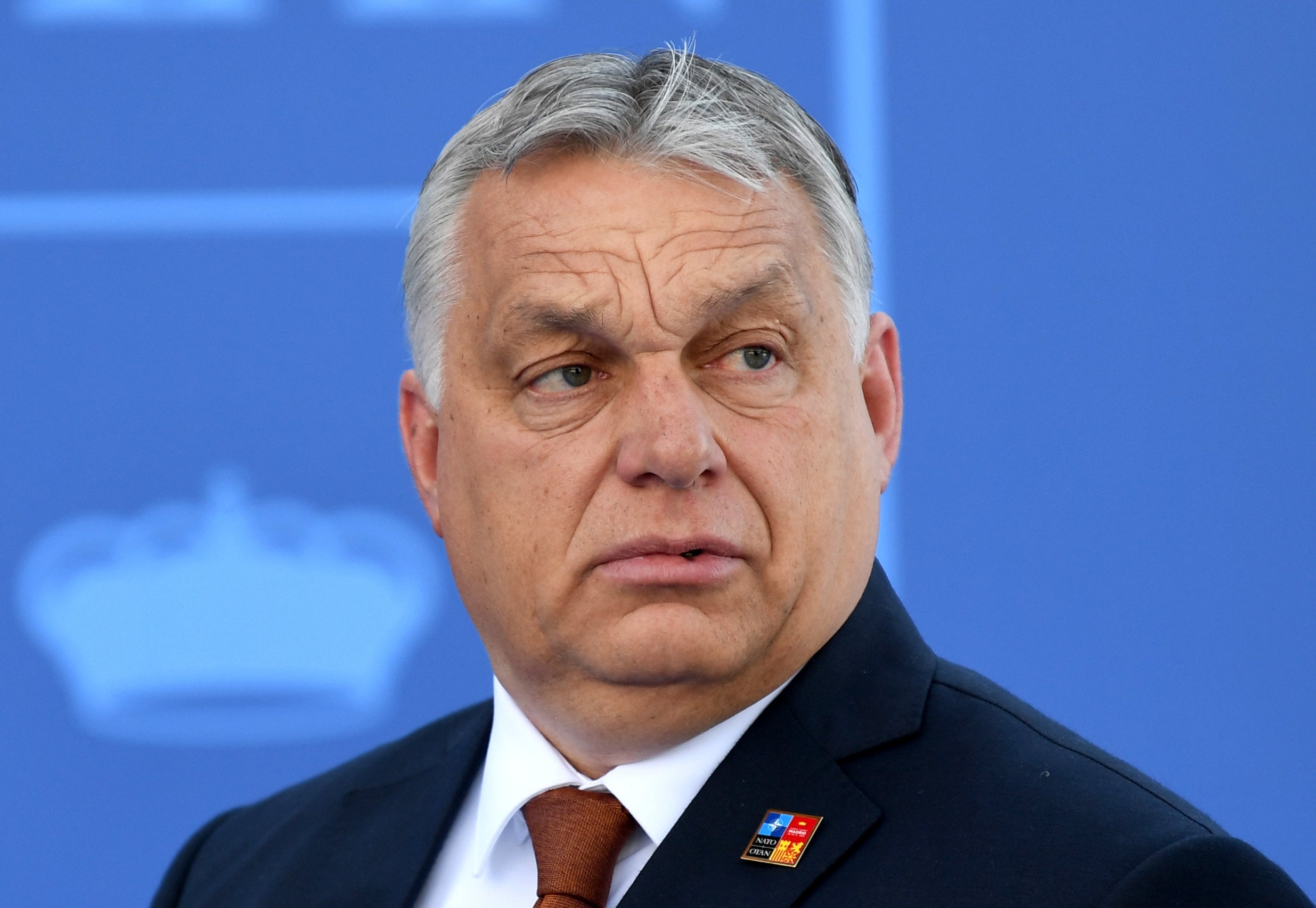Hungary declares 'energy emergency' over threat of shortages
Hungary’s government has declared an “energy emergency” in response to supply disruptions and skyrocketing energy prices in Europe

Your support helps us to tell the story
From reproductive rights to climate change to Big Tech, The Independent is on the ground when the story is developing. Whether it's investigating the financials of Elon Musk's pro-Trump PAC or producing our latest documentary, 'The A Word', which shines a light on the American women fighting for reproductive rights, we know how important it is to parse out the facts from the messaging.
At such a critical moment in US history, we need reporters on the ground. Your donation allows us to keep sending journalists to speak to both sides of the story.
The Independent is trusted by Americans across the entire political spectrum. And unlike many other quality news outlets, we choose not to lock Americans out of our reporting and analysis with paywalls. We believe quality journalism should be available to everyone, paid for by those who can afford it.
Your support makes all the difference.Hungary’s government has declared an “energy emergency” in response to supply disruptions and skyrocketing energy prices in Europe, an official said Wednesday.
There is “unlikely to be enough gas in Europe for the autumn and winter heating season,” said Gergely Gulyás, Prime Minister Viktor Orbán’s chief of staff.
Hungary will increase its domestic energy production capacities to ensure adequate supply, Gulyás told a news conference in Budapest. Gulyás cited Russia's war in Ukraine and consequent sanctions from the European Union as the cause of what he called an “energy crisis” on the continent.
“The prolonged war and the sanctions from Brussels have caused energy prices to rise dramatically across Europe, and in fact a major part of Europe is already in an energy crisis,” Gulyás said.
The Central European country will boost its annual production of natural gas from 1.5 billion cubic meters to 2 billion cubic meters, increase the extraction of lignite (brown coal) and put a currently non-functioning lignite-fired power plant back online, Gulyás said.
Energy exports will be banned, and Hungary’s only nuclear power plant will also increase its production by extending its operating times, he added. The measures will go into effect in August.
The announcements came after Orbán convened a meeting of his Cabinet earlier Wednesday to discuss what he called an “energy emergency” in Europe.
Hungary is heavily dependent on fossil fuels from Russia, and last year signed a 15-year agreement with Russian energy company Gazprom for the purchase of natural gas. Hungary gets around 65% of its oil and 85% of its gas from Russia.
But after Moscow launched its war against Ukraine, the EU, of which Hungary is a member, sought to target Russian oil exports with sanctions.
But the nationalist Orbán fought vigorously against such measures, arguing that blocking Russian oil would cripple his country’s economy. The autocratic leader managed to negotiate a concession which allowed a temporary exemption for oil imports delivered by the Russian Druzhba pipeline to certain landlocked countries like Hungary.
Earlier on Wednesday, Hungarian Foreign Minister Péter Szijjártó said at a meeting of regional foreign ministers that Hungary would seek to buy an additional 700 million cubic meters of gas before autumn, but didn't specify from where.